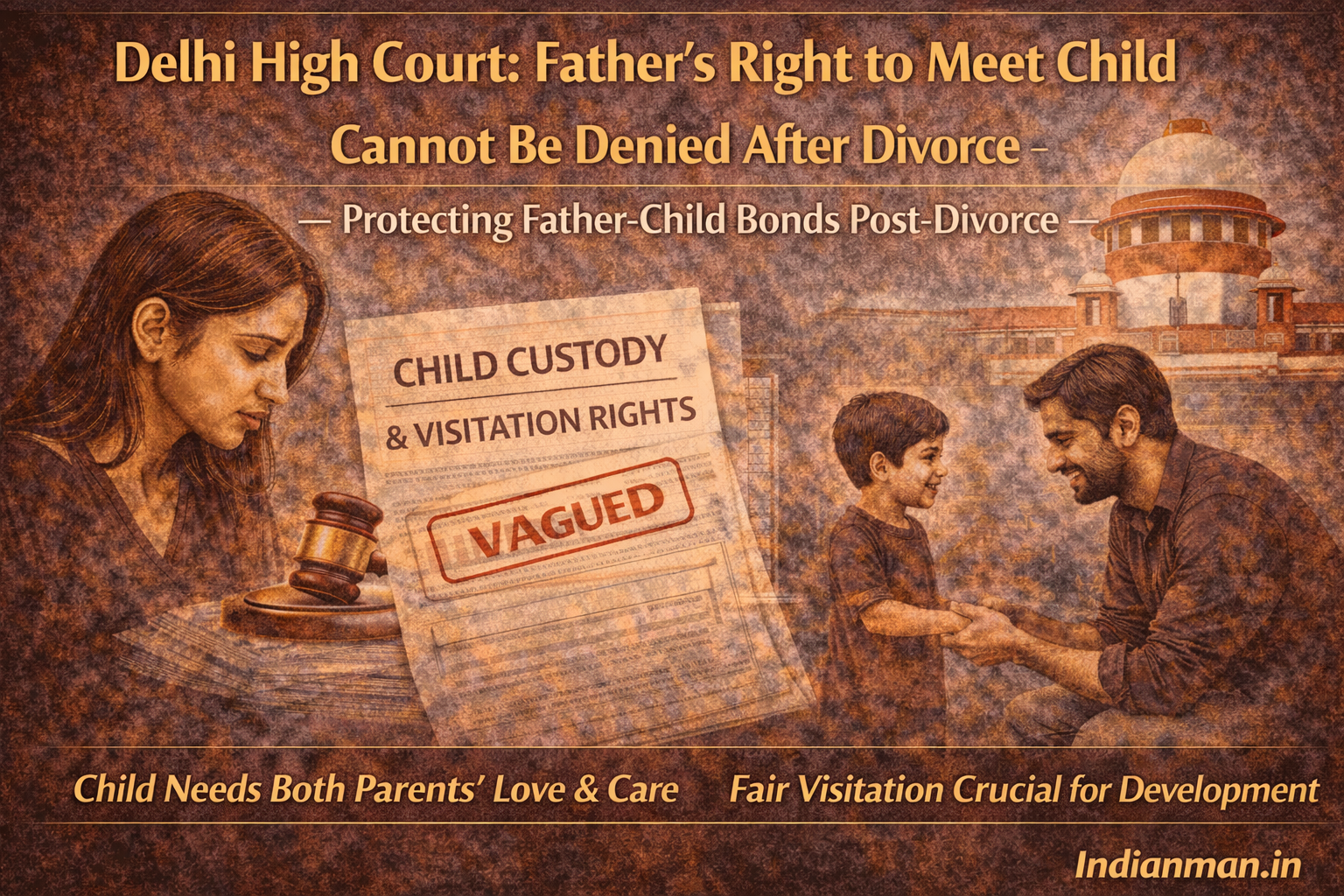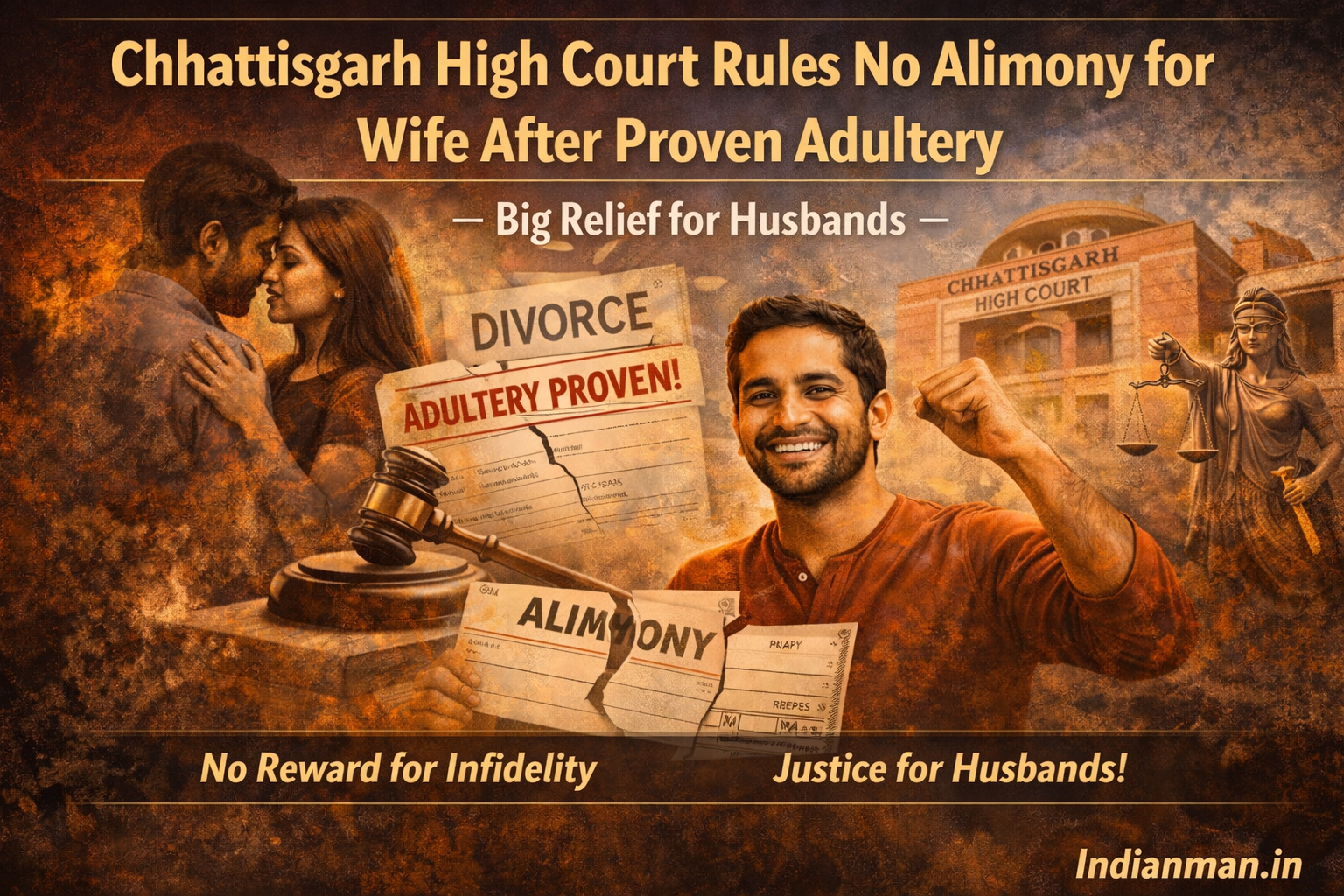Supreme Court: Wife Can Claim Maintenance from Second Husband Even if First Marriage Was Not Legally Ended
The Supreme Court of India has ruled that a woman can claim maintenance from her second husband, even if her first marriage was not legally dissolved, as long as the husband knew about the earlier marriage.
A two-judge bench of Justice B.V. Nagarathna and Justice Satish Chandra Sharma gave this ruling while restoring maintenance granted earlier by a Family Court, which was later cancelled by the High Court.
The woman (Appellant No.1) had married the Respondent (second husband) without getting a legal divorce from her first husband. The Respondent was fully aware of her first marriage. The couple lived together, had a child, and later separated. The woman then applied for maintenance under Section 125 of the Criminal Procedure Code (CrPC), which is a law that protects women from being left without financial support.
While the Family Court granted her maintenance, the High Court reversed the decision, stating that her second marriage was void since she had not divorced her first husband legally.
The woman argued that the term “wife” in Section 125 CrPC should include women in void marriages, especially if the husband knew about the previous marriage. The second husband opposed this claim, saying she couldn’t be considered his wife under the law.
The Supreme Court disagreed with the High Court and said that Section 125 CrPC is a social welfare law meant to prevent women from becoming destitute. The Court ruled that even if the marriage is not legally valid, a woman can still get maintenance if her second husband knew about the previous marriage.
The judges pointed out that:
- The second husband knew about the first marriage and still married her—not once, but twice.
- Although there was no official divorce, the woman had an MoU of separation with her first husband and was not getting any support from him.
- Therefore, she was de facto separated, meaning she was practically, though not legally, separated from her first husband.
The Court also referred to the case Mohd. Abdul Samad vs. State of Telangana, emphasizing the financial vulnerability of homemakers and that maintenance is both a legal and moral duty of the husband.
As a result, the Supreme Court allowed the appeal and restored the Family Court’s decision to grant maintenance.
Cases Cited:
- Sajimon Parayil v. State of Kerala and others | SLP(C) 25250-25251/2024
- Juli CJ v. State of Kerala and others | SLP(C) No.27320-27321/2024
- Parvathi T v. State of Kerala and others | Diary No. 55412-2024
Be a part our social media community:
Facebook: https://www.facebook.com/IndianMan.in?mibextid=ZbWKwL
Instagram:
https://www.instagram.com/indianman.in?igsh=MWZ2N3N0ZmpwM3l3cw==



